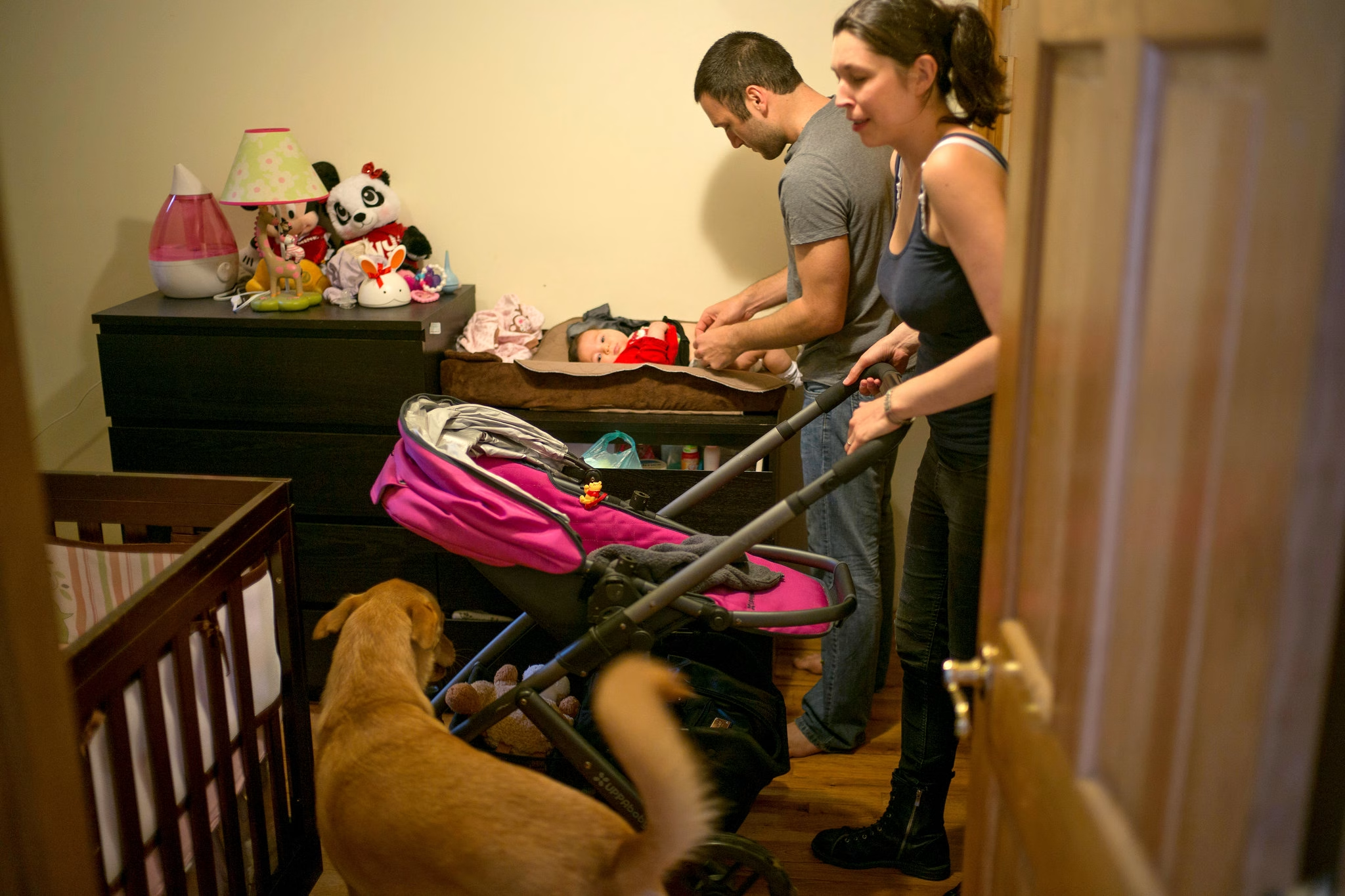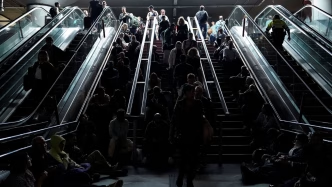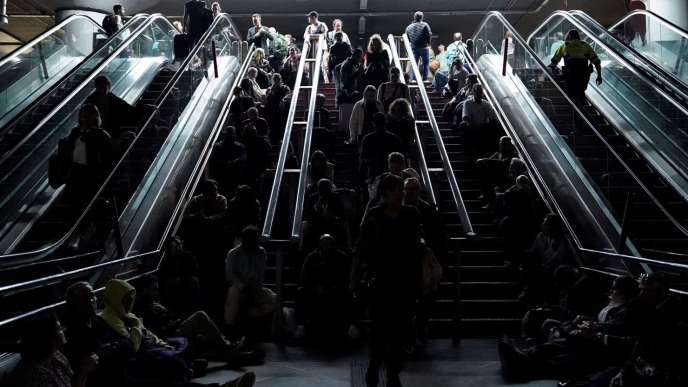The global middle class — long considered the backbone of modern economies — is under mounting pressure. From rising living costs to stagnant wages, today’s middle-income earners are facing a perfect storm of economic challenges that threaten their financial stability, future aspirations, and even their identity.
Shrinking Purchasing Power
Inflation continues to erode the real value of wages. Essentials like housing, food, transportation, and healthcare are now consuming a greater share of household income than ever before. For many families, what used to be discretionary income has become survival spending.
“My paycheck used to stretch far enough to allow for vacations, savings, and occasional indulgences,” says Mark, a 42-year-old software engineer in Texas. “Now, it’s all about making ends meet and hoping nothing unexpected happens.”
Housing and Rent Crisis
Across Europe, North America, and many parts of Asia, the cost of housing has soared. Middle-class families are being priced out of both urban centers and suburban neighborhoods. In the U.S., mortgage rates have doubled in just a few years, making home ownership a distant dream for younger generations.
Renters aren’t faring better — cities like London, Toronto, and San Francisco are seeing record-breaking monthly rents that eat up more than half of many people’s incomes.
Education and Healthcare: No Longer Safety Nets
In the past, a middle-class income meant access to quality education and reliable healthcare. Today, those pillars are cracking. Student debt continues to cripple graduates, forcing them to delay major life decisions like marriage and home ownership. Healthcare, especially in countries without universal coverage, has become prohibitively expensive — with unexpected illness leading to financial ruin for many.
The Illusion of Security
One of the defining characteristics of the middle class used to be job security. That too is vanishing. The rise of automation, outsourcing, and gig work has fragmented traditional employment models. Long-term contracts and benefits have been replaced by short-term gigs and freelance hustles — with little to no safety net.
Psychological Toll and Social Fractures
The emotional strain of “working harder but falling behind” is taking a toll on mental health. Anxiety, depression, and burnout are becoming common among middle-income earners. The fear of downward mobility — once rare for the middle class — is now a daily reality.
Moreover, political discontent and populist movements often find root in the middle class’s sense of betrayal by systems that promised upward mobility but delivered stagnation.
Conclusion: A Class in Crisis
The middle class is no longer the aspirational category it once was. It’s a group caught between rising costs and limited support, increasingly disillusioned and underprepared for the future.
If governments and policymakers fail to address this growing crisis, the consequences will be more than economic — they will be social and political as well. Rebuilding the middle class isn’t just about income levels.
















